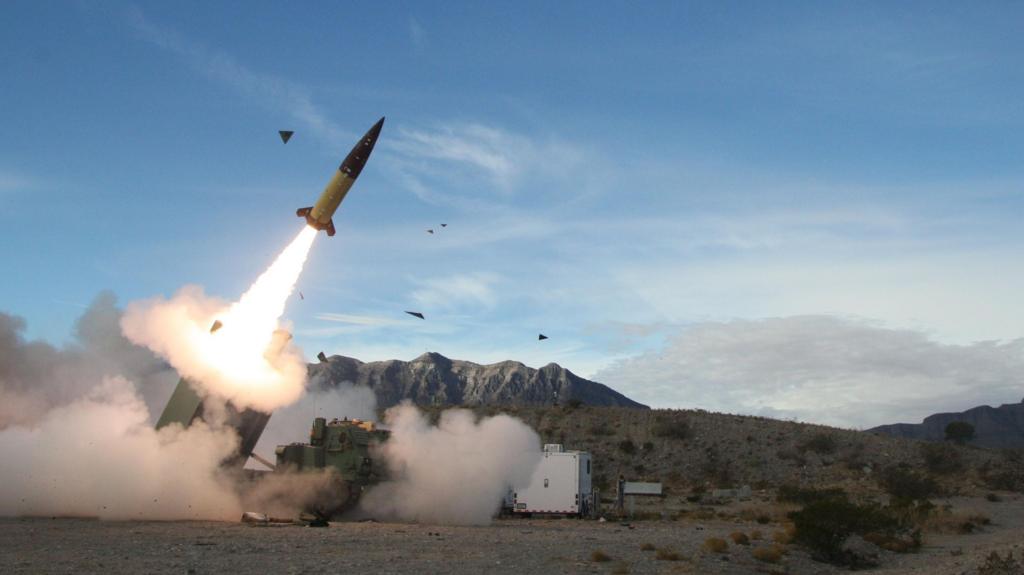
### OPCW Confirms Likely Use of Chemical Weapons by Russian Forces in Ukraine
The Organisation for the Prohibition of Chemical Weapons (OPCW), the foremost global entity responsible for overseeing adherence to the Chemical Weapons Convention (CWC), has presented strong evidence indicating that Russian forces likely deployed a harmful chemical known as 2-chlorobenzylidenemalononitrile (widely known as CS gas or tear gas) during military operations in Ukraine in September 2024. These findings have sparked renewed international alarm over breaches of the global standard prohibiting the use of chemical weapons.
#### Summary of the OPCW’s Findings
The OPCW’s disclosures originate from the evaluation of evidence collected during a technical assistance mission in Ukraine’s Dnipropetrovsk region. The inquiry concentrated on items retrieved from the battlefield, which included a grenade shell and two soil samples. These samples were forwarded to two laboratories sanctioned by OPCW for independent examination. Both laboratories confirmed the detection of CS gas in the grenade and the nearby soil sample.
The results, backed by eyewitness accounts and supporting documentation, imply that tear gas, an agent meant for crowd control, was intentionally utilized in a combat context—an act explicitly forbidden under the CWC. The OPCW’s director-general, Fernando Arias, expressed alarm regarding these infractions, highlighting that all 193 CWC member states, including Russia and Ukraine, have committed to the prohibition against developing, acquiring, or employing chemical weapons.
#### Global Implications of the Findings
The OPCW’s findings highlight a worrisome deterioration of international standards against the employment of chemical weapons. Under the CWC, tear gas and similar riot control agents are permitted solely for domestic law enforcement activities; their utilization in warfare represents a significant breach of international law.
This is not the inaugural instance of accusations regarding chemical weapon use being directed at Russia amid its invasion of Ukraine. Prior investigations by the OPCW in May 2024 were unable to confirm assertions of chemical weapons deployment, yet the agency cautioned about the unstable dynamics of the conflict and the risks of further toxic chemical abuse. Developments thereafter—including reports of the usage of other chemicals such as chloropicrin—reinforce these apprehensions.
#### Russia’s Response to Allegations
As seen in earlier situations, Russia has staunchly denied employing chemical weapons in Ukraine. In reaction to the OPCW’s inquiry, Russian officials have claimed that Ukraine itself has used toxic chemical agents against Russian soldiers, a statement that Kyiv has dismissed as unfounded misinformation.
#### International Reactions and Consequences
The accumulating evidence regarding the use of chemical weapons in Ukraine has elicited strong responses from Western countries. The United States and the United Kingdom have already implemented punitive actions, imposing sanctions on Russian officials and military units alleged to be involved in the deployment of chemical weapons. Notably, the US has accused Russian forces of using chloropicrin, a choking agent with harmful chemical traits, while the UK announced sanctions in October 2024 following multiple claims of chemical weapon usage, including tear gas.
The Ukrainian Ministry of Foreign Affairs (MFA) has also highlighted the systematic nature of Russia’s chemical weapon deployment. In a November 2024 announcement, the MFA documented over 4,600 instances where Russian forces purportedly utilized chemical-laden munitions, including tear gas grenades and other dangerous materials like chloroacetophenone and chloropicrin, throughout conflict-affected areas of Ukraine. Such actions represent a blatant breach of the Chemical Weapons Convention, further jeopardizing the integrity of the international chemical nonproliferation framework.
#### The Role of the OPCW and the Way Forward
As the central enforcer of the CWC, the OPCW holds a crucial position in investigating and responding to allegations of chemical weapon use. The organization’s thorough scientific assessments and unbiased inquiries establish a foundation for holding violators accountable, although enforcement ultimately relies on the collective commitment of its member states.
Fernando Arias, the OPCW’s director-general, has reaffirmed the necessity of maintaining the global ban on chemical weapons, stressing that any violations should be decisively condemned and addressed. The international community now faces the urgent challenge of confronting these violations and ensuring that chemical weapons—irrespective of whether used in Ukraine or elsewhere—are not normalized as instruments of warfare.
#### A Broader Threat to International Stability
The deployment of chemical weapons in Ukraine carries severe implications extending beyond the immediate conflict. Should breaches of the Chemical Weapons Convention remain unaddressed, they risk eroding a vital component of international security. The CWC has long been viewed as one of the most effective arms control agreements, boasting nearly universal participation and a proven record of diminishing global chemical weapon stockpiles. However, the ongoing violation of its terms threatens to undermine trust in the treaty and embolden both state and non-state actors to flout its provisions.
To protect international stability, it is essential for member states of the OPCW to take decisive measures.